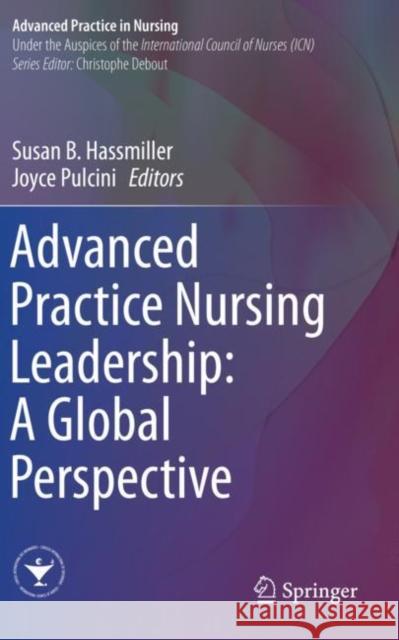Advanced Practice Nursing Leadership: A Global Perspective » książka
topmenu
Advanced Practice Nursing Leadership: A Global Perspective
ISBN-13: 9783030205522 / Angielski / Miękka / 2021 / 338 str.
Advanced Practice Nursing Leadership: A Global Perspective
ISBN-13: 9783030205522 / Angielski / Miękka / 2021 / 338 str.
cena 201,76
(netto: 192,15 VAT: 5%)
Najniższa cena z 30 dni: 192,78
(netto: 192,15 VAT: 5%)
Najniższa cena z 30 dni: 192,78
Termin realizacji zamówienia:
ok. 16-18 dni roboczych.
ok. 16-18 dni roboczych.
Darmowa dostawa!
Kategorie BISAC:
Wydawca:
Springer
Seria wydawnicza:
Język:
Angielski
ISBN-13:
9783030205522
Rok wydania:
2021
Wydanie:
2020
Numer serii:
000796701
Ilość stron:
338
Oprawa:
Miękka
Wolumenów:
01











